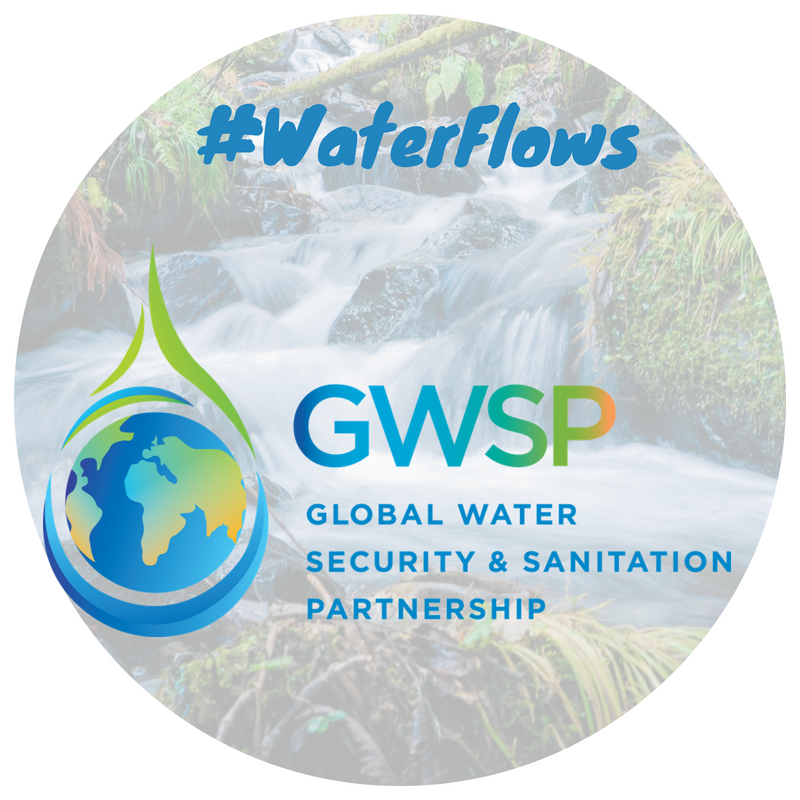SDGs call upon world to achieve universal WSS access that is safe, affordable, and available to all by 2030
The GWSP also operates on the understanding that improving WSS financing involves three components. First, ensuring that public resources are planned, budgeted and allocated more efficiently.

The latest news about the finance world usually involves stories of blockchain technology, acquisitions and mergers, and stock market fluctuations. But the world of finance is also central to the Sustainable Development Goals and particularly the objective of universal access in the water and sanitation sector.
That’s why scaling-up finance for water is crucial if we are to reach the Sustainable Development Goals (SDGs) in the water sector. The SDGs call upon the world to achieve universal WSS access that is safe, affordable, and available to all by 2030. In addition, the SDGs include targets for increasing efficiency of water use across all sectors, protecting and restoring water-related ecosystems, and improving water quality. And water is a fundamental prerequisite to the achievement of all 17 of the goals – water flows through and connects all the other SDGs.
However, many people still live in areas where WSS systems are inadequate or even unavailable. Although drinking water is essential to life, across the world today 2.1 billion people lack reliable access to safely managed drinking water services and 4.5 billion lack safely managed sanitation services. In Sub-Saharan Africa alone, 42 percent of people lack improved water sources within a 30-minute round trip. The World Bank Group’s Global Water Supply and Sanitation Partnership (GWSP) understands that additional finance for water infrastructure is absolutely critical to achieving the SDGs. The WSS sector alone requires six times more financing than governments, the private sector, and donors are currently funding.
The GWSP also operates on the understanding that improving WSS financing involves three components. First, ensuring that public resources are planned, budgeted and allocated more efficiently. One effective way to achieve this is for governments to establish the policy, planning and governance frameworks that will improve the sector efficiency, transparency, and creditworthiness to attract the commercial finance required to meet WSS goals.
Second, improving service providers’ performance and governance. Increasing both operational and capital efficiency allows service providers to deliver better services more effectively, thus freeing up resources to invest in improving or extending services. Third, ensuring that public funds are used to leverage commercial finance to the extent possible.
This will require governments, through their line ministries and local governments, to take leadership in the design and implementation of an integrated and consistent approach to sector financing built around policies that encourage efficiency and mobilization of new sources of capital.
Bangladesh is just one country where the GWSP is delivering results, through its engagement with sanitation microfinance for rural households. Building on previous work by the Water and Sanitation Program (WSP), the GWSP recently provided $275,000 in technical assistance to the government to create demand for sanitation investment and influence behavioral change. The project also helped microfinance institutions develop loans to households and small construction companies to buy and install sanitation facilities, as well as mitigate lending risks.
The technical assistance included training for the private sector to build quality, affordable models of hygienic latrines that low-income households were most likely to purchase. Thanks to Bangladesh’s experience of rural microfinance, lessons learned here can be replicated elsewhere and are being incorporated into the design of a larger World Bank-funded project. We are also learning lessons from and sharing knowledge with many other World Bank projects.
For example, in Uruguay World Bank support has helped Obras Sanitarias del Estado (OSE) transform from an inefficient monopoly into an accountable, well-regarded public utility that provides potable water access to nearly 99 percent of Uruguayans and sanitation access to over half that population. The Bank has supported the utility in extending, strengthening, and maintaining its water and sanitation infrastructure, as well as improving service efficiency and establishing modern management practices.
These efforts improved OSE’s operational and financial performance, as well as its reputation, and were instrumental in enabling the utility to successfully obtain financing from the domestic capital market by selling out a bond in 2017. The GWSP is well-placed to apply such lessons and ideally replicate this process in Latin America and globally
Indeed, at this week’s Stockholm World Water Week, we are participating in several sessions on financing for water. The panels cover topics ranging from “In Stockholm, a variety of panels will feature a range of practitioners, experts, and decision-makers to explore how innovative ideas and solutions can be used to tackle the growing financial crisis that the water and sanitation sectors are facing.
- FIRST PUBLISHED IN:
- World Bank










